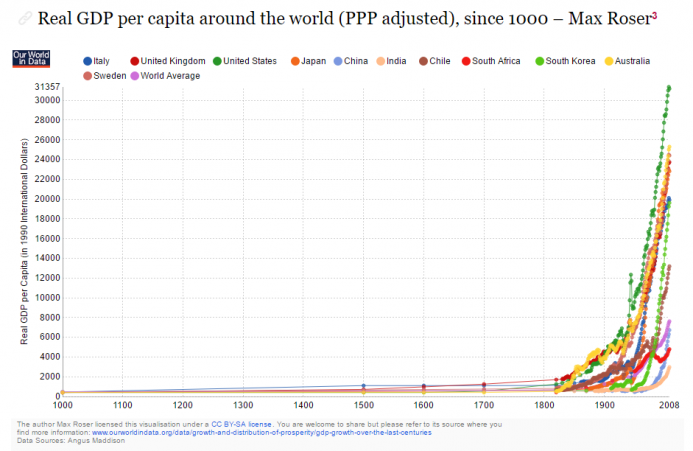Platform Adoption Statement #2 of the Nevada Transhumanist Party: Electoral Reforms
 The following sections are hereby added to the Nevada Transhumanist Party Platform. Pursuant to Article I, Section XXV, these sections are not officially considered part of the Nevada Transhumanist Party Constitution at this time, but shall have equivalent standing to the Platform Sections within that Constitution. It will be possible to officially amend the Nevada Transhumanist Party Constitution to include these statements during periodic biennial filings of Certificates of Continued Existence with the Nevada Secretary of State.
The following sections are hereby added to the Nevada Transhumanist Party Platform. Pursuant to Article I, Section XXV, these sections are not officially considered part of the Nevada Transhumanist Party Constitution at this time, but shall have equivalent standing to the Platform Sections within that Constitution. It will be possible to officially amend the Nevada Transhumanist Party Constitution to include these statements during periodic biennial filings of Certificates of Continued Existence with the Nevada Secretary of State.
Section XXXI. The Nevada Transhumanist Party advocates Constitutional reform to abolish the Electoral College in the United States Presidential elections and render the plurality of the popular vote the sole criterion for the election of President. While the original intent of the Electoral College as a deliberative body to check the passions of the poorly informed masses and potentially overturn the election of a demagogue may have been noble, the reality has not reflected this intention. Instead, the Electoral College has enabled votes from less cosmopolitan, less tolerant, more culturally ossified and monolithic areas of the country to disproportionately sway the outcome of Presidential elections, to the detriment of individual liberty and progress.
Section XXXII. The Nevada Transhumanist Party advocates greatly shortening the timeframe for electoral campaigns. The current two-year election season, combined with voters’ short memories, renders it possible for both genuine merits and egregious transgressions of candidates to be forgotten by the time of voting. Longer campaign seasons also perpetuate the “horse-race” mentality on the part of the media and result in the search for contrived election drama in order to drive views and campaign contributions. The ensuing acrimony, misinformation, and outright violence are detrimental to the fabric of a civilized society. Election seasons should be as short as possible, to enable all relevant information to be disseminated quickly and be considered by most voters within the same timeframe as their decisions are made.
Section XXXIII. The Nevada Transhumanist Party advocates abolishing all staggered party primaries and for all primary elections to be held on the same day across the entire country. With staggered party primaries, individuals voting later – solely because of the jurisdiction in which they reside – find their choices severely constrained due to the prior elimination of candidates they might have preferred. The staggered primary system tends to elevate the candidates who are least palatable to reasonable voters – but have the support of a vociferous, crass, and often violent fringe – toward frontrunner positions that create the pressure for other members of the political party to follow suit and reluctantly support the worst of the nominees.
Section XXXIV. The Nevada Transhumanist Party supports replacing the current “winner-take-all” electoral system with proportional representation, ranked preference voting, and other devices to minimize the temptations by voters to favor a perceived “lesser evil” rather than the candidates closest to those voters’ own preferences.
Section XXXV. The Nevada Transhumanist Party supports the right of any jurisdiction to secede from the United States specifically in opposition to policies that institutionalize racism, xenophobia, criminalization of dissent, and persecution of peaceful persons. The Nevada Transhumanist Party does not, however, condone any secession for the purposes of oppressing others. Therefore, the secession of the Confederate States in 1860 was illegitimate, but a future secession of a State may be justified in reaction to violent crackdowns by the federal government against individuals based on individuals’ national origin or ancestry.





